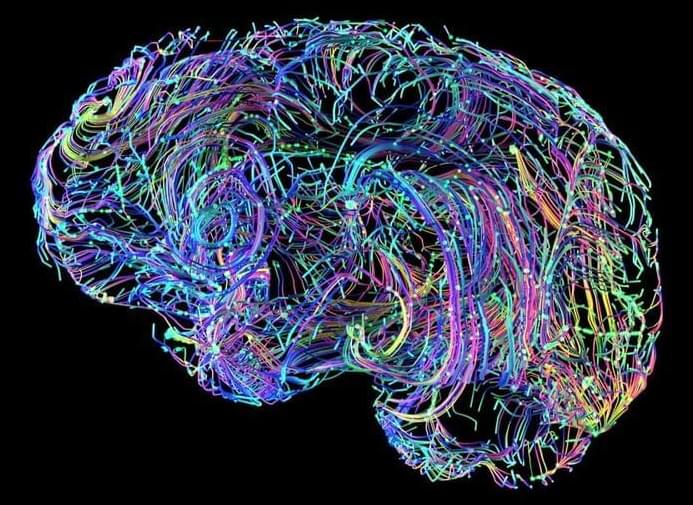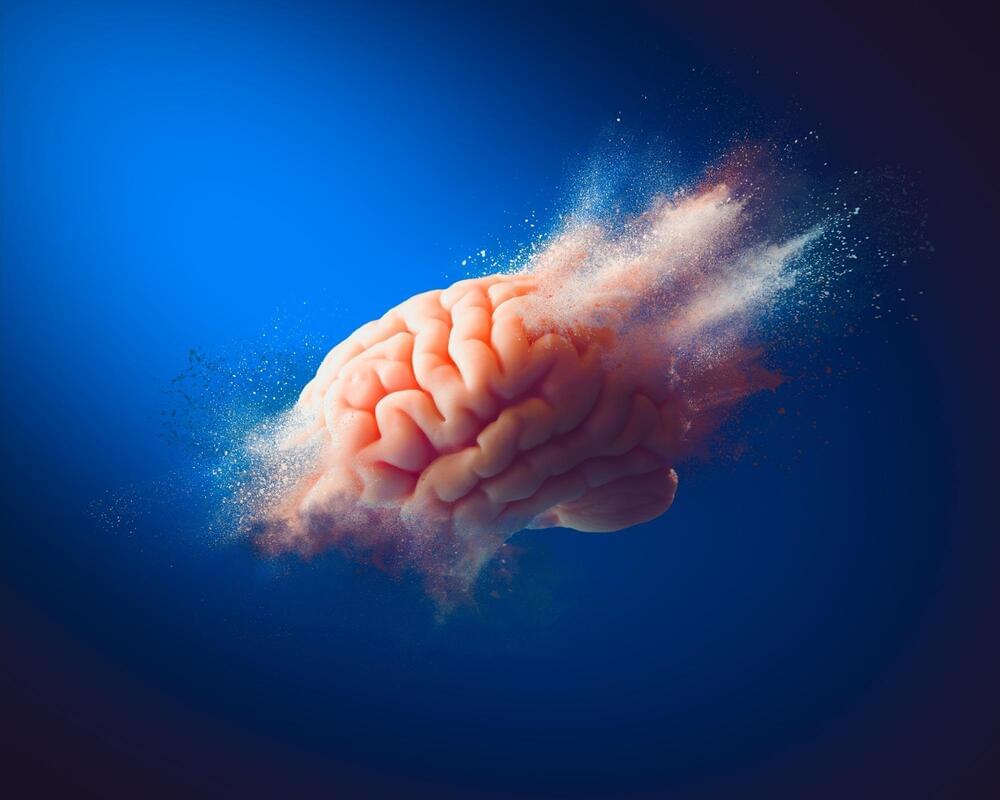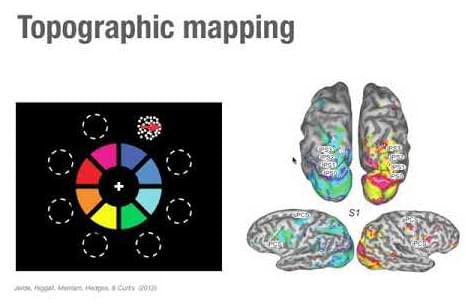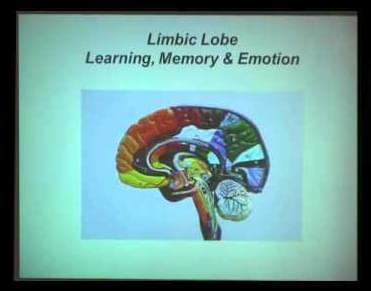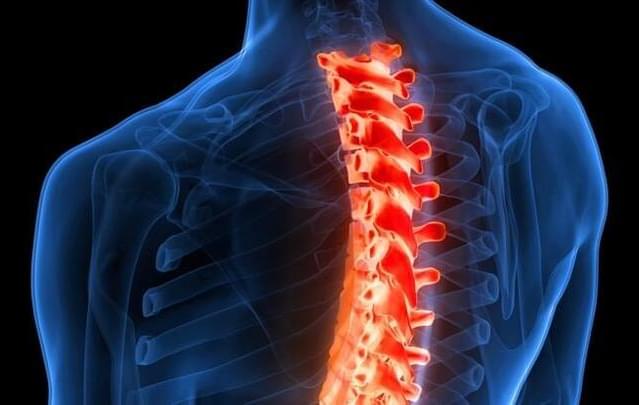Jan 15, 2024
The brain undergoes a great “rewiring” after age 40
Posted by Shubham Ghosh Roy in category: neuroscience
In the fifth decade of life, our brains start to undergo a radical “rewiring” that results in diverse networks becoming more integrated over the ensuing decades. https://bigthink.com/neuropsych/great-brain-rewiring-after-age-40/ Big Think.
In a systematic review published last year in the journal Psychophysiology, researchers from Monash University in Australia swept through the scientific literature, seeking to summarize how the connectivity of the human brain changes over our lifetimes. The gathered evidence suggests that in the fifth decade of life (that is, after a person turns 40), the brain starts to undergo a radical “rewiring” that results in diverse networks becoming more integrated and connected over the ensuing decades, with accompanying effects on cognition.
Since the turn of the century, neuroscientists have increasingly viewed the brain as a complex network, consisting of units broken down into regions, sub-regions, and individual neurons. These units are connected structurally, functionally, or both. With increasingly advanced scanning techniques, neuroscientists can observe the parts of subjects’ brains that “light up” in response to stimuli or when simply at rest, providing a superficial look at how our brains are synced up.
Continue reading “The brain undergoes a great ‘rewiring’ after age 40” »
